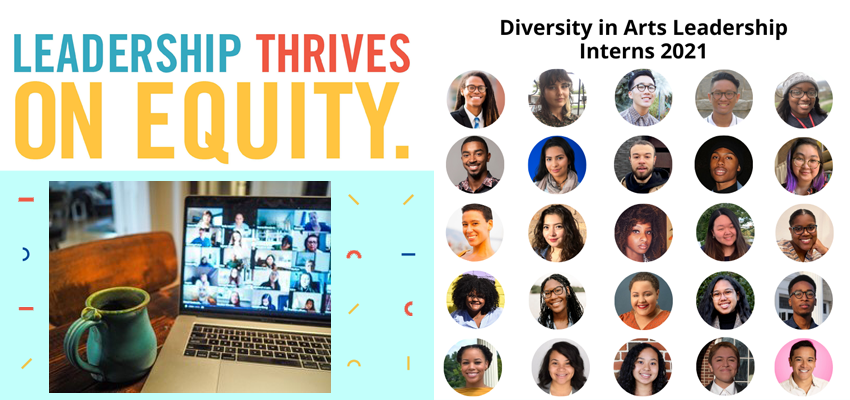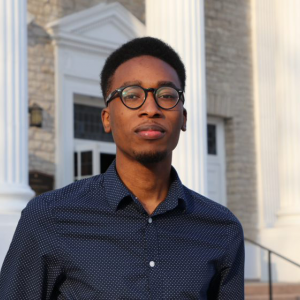I was matched with ArtPride New Jersey after being selected to participate in the Diversity in Arts Leadership program by Americans for the Arts. This year, DIAL matched undergraduate students whose backgrounds are underrepresented in the arts to select arts organizations in New Jersey, New York City, and Nashville. I will be using my experience with DIAL as a prerequisite when applying for future internships.
If you are an arts organization looking for interns, you should consult the DIAL program as a guide when shaping your internships. Here are aspects of the program that can help you shape an internship using the DIAL model.
Focus on students whose backgrounds are underrepresented
I value DIAL's focus on providing internship opportunities to students who are underrepresented in the arts. Access and opportunity for these groups into the arts sector is important to gain and build on opportunities, connections, and skills that will help those groups further compete with their privileged counterparts. Additionally, identities that make up the historically underrepresented groups are severely underrepresented in the arts sector. Arts organizations that are working to dismantle white supremacy in their organizations and have started to implement antiracist practices should work to provide opportunities to students whose backgrounds are underrepresented in the arts sector. Hiring a paid intern who is underrepresented in the arts is a step your organization can take to help change the make-up of the arts sector.
Allowing for growth
Getting your diversity intern hire is not enough, though. If your intern doesn’t feel welcomed or challenged, if they don’t feel like they belong and are simply “guests” at your organization, you are only sustaining privilege that the sector is working to change. I have appreciated working with Ann Marie and the rest of the ArtPride staff as their DIAL advocacy intern. I have worked directly with Ann Marie in setting up an advisory group to the Mayors Committee on Arts and Culture and collecting information on more than 200 candidates running for the New Jersey Assembly and Senate.
The Mayors Committee on Arts and Culture and the annual candidates' survey are both important in the advocacy that ArtPride does that is central to their mission. Hence, to make a memorable experience for your intern, they need to be offered opportunities that are crucial to your organization's mission, which will challenge your intern, and allow the intern to play a significant role in your organization.
Mentorship
Through DIAL, not only are selected interns matched with an arts organization, but they also receive a mentor. I have looked forward to every mentor meeting with Asiyah Kurtz, who is a councilwoman, an applied anthropologist, and the executive director of Camden FireWorks. I have not only received advice from Asiyah about my assigned tasks with ArtPride, but I have also had the opportunity to speak with her about her experiences in undergrad, experiences on finding jobs after school, grad school vs. working, and on and on.
Equally important, with Black arts administrators being underrepresented in the arts, having a mentor who looks like you is inspiring and is validation that Black people and other people of color can find their space in this hegemonic sector.
When creating your internship, you should have a mentor ready for the intern, and make sure you understand your intern's history, current experience, and future aspirations. Understanding your intern will inform you of the best match. Additionally, the supervisor for the intern, and other staff who will interact with the intern, should also be willing and ready to act in a mentor capacity. Part of making your intern feel like they belong is making sure a culture is created where the intern can ask staff members questions on personal development opportunities and tasks assigned to the intern.
Pay Your Interns
If you are posting unpaid internships, you are only maintaining privilege in the arts sector. When you post an unpaid internship, you are working under the assumption that every interested applicant has the funds: to commute to and from the official site; to pay for appropriate dress attire; and to pay for rent, food, or any other financial responsibilities.
Internships can be great for the experience they provide. However, that opportunity for experience is quickly limited when the internship is only accessible to applicants from financially resourced backgrounds who can afford to work as an unpaid intern. Not all, but many, students who identify as underrepresented are low-to-moderate income and cannot afford to work at an organization just for the experience. I personally get upset when I see large arts organizations with multi-million-dollar budgets post unpaid internships. Those large arts organization values of “we don't care” are quickly articulated in that one posting.
I am no expert on equitable internships, but my experience in the DIAL program this summer has been informative and meaningful for me. All the points that I have mentioned in this blog are important to me, and I will use these almost as a rubric when searching for new internship opportunities and I am confident that my fellow DIAL cohort members will do the same.
It has been an honor to work alongside Ann Marie Miller, director of advocacy and public policy, and the rest of the staff at ArtPride NJ. I will miss working with these incredible people.









